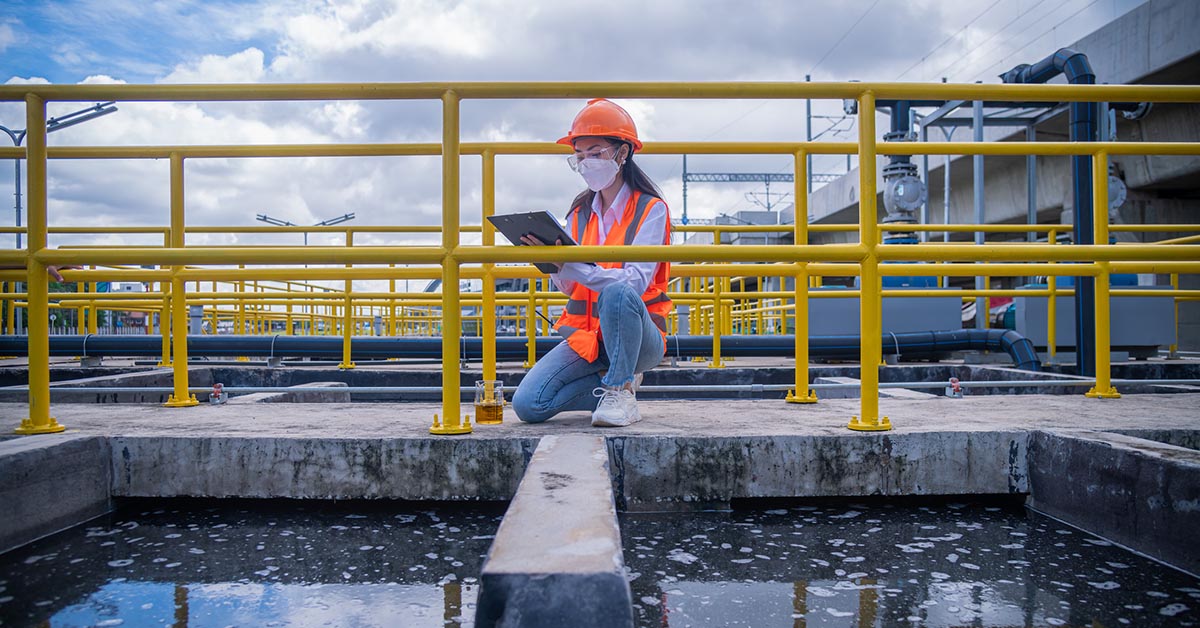Wastewater monitoring has been a valuable tool for detecting COVID-19, signaling outbreaks days before clinical case data. It can also play an important role in detecting other diseases. But it can be challenging to use wastewater data effectively. A survey conducted by Mathematica with support from The Rockefeller Foundation found that 17 percent of surveyed state public health agencies and 35 percent of local agencies did not know how to interpret or communicate their wastewater data.
Public health officials looking to use wastewater monitoring for early warnings of COVID-19 and other diseases can now access a set of free tools that can reliably identify outbreaks in real time. The Rockefeller Foundation partnered with Mathematica to develop the Covid-SURGE Toolkit, which enables public health officials to quickly assess the need for attention and action.
Mathematica developed Covid-SURGE (Signaling Unprecedented Rises in Groupwide Exposure) after analyzing data from states and the Centers for Disease Control and Prevention on roughly 118,000 wastewater samples collected from nearly 1,250 wastewater treatment plants across all 50 states.
The toolkit includes the Covid-SURGE algorithm, which flags the start of community-level COVID-19 surges in real time; a downloadable Excel calculator to run the algorithm locally; and an interactive Covid-SURGE Risk Estimator, which synthesizes wastewater data with metrics on COVID-19 cases, hospitalizations, health care capacity, and deaths into a composite risk score, risk trend analysis, and alerts signaling elevated risk. Learn more about Covid-SURGE in a blog from The Rockefeller Foundation.
“Our goal with this work was to translate and integrate complex lab data into a simple alert and dashboard that clearly indicate when action may be needed to curb transmission,” said Aparna Keshaviah, principal researcher and director of wastewater research at Mathematica. “The analytic framework we developed provides a flexible foundation to fine-tune Covid-SURGE for other biomarkers and situations when COVID-19 becomes endemic.”
The COVID-Surge algorithm can reliably distinguish community-level surges from noise in wastewater data and tests of the algorithm picked up two COVID-19 surges in North Carolina. Correlations between wastewater and case data were similar in most sites, which means officials may not need to match cases to sewershed boundaries to monitor disease spread.
The Covid-SURGE algorithm and risk estimator can be adapted to other public health concerns detectable in wastewater, such as influenza, respiratory syncytial virus (RSV), Mpox, and opioids.
Learn more about The Rockefeller Foundation and Mathematica’s work to translate wastewater data into public health action here.
Contact
- Christal Stone Valenzano
cstone@mathematica-mpr.com
202-250-3520


